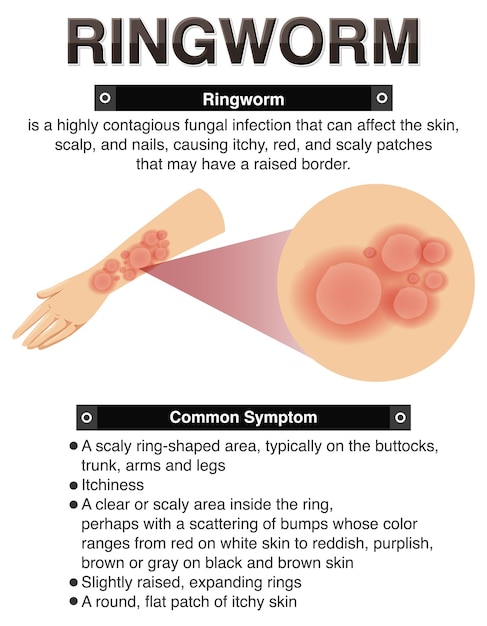
What’s all the buzz about the HCG Diet? Is it unsafe or just ineffective? These were the questions on my mind when I met with Jennifer Margolies, the Program Director at Fast Weight Loss Centers in Dallas, TX, to chat about the controversial HCG diet. Thankfully, she agreed to share her experiences with the HCG diet and other medical weight loss plans.
After some small talk, I kicked off the interview with the most intriguing question. Although I’ve never tried the HCG diet and don’t see myself doing so, I’m fascinated by the heated discussions around it. People seem to either love it or hate it. To get to the bottom of this, I asked Jennifer about the criticism and skepticism surrounding the HCG diet. Her honest and balanced response was refreshing.
Jennifer explained that weight loss isn’t just about shedding pounds; it often involves tackling multiple issues. Some people doubt the HCG diet because they think it won’t address their specific problems. She believes that if they gave it a try, they might find it more comprehensive than they expect. There are different types of HCG available—HCG injections, which she finds most effective, and homeopathic diet drops, which can be unsafe and ineffective. The skepticism might be directed more at the drops. Since the HCG diet is very low in calories, it’s bound to face medical scrutiny. That’s why she advises anyone interested in the diet to consult their doctor and proceed under medical supervision. Ultimately, she thinks it’s about finding what works best for each person. If you want to lose weight quickly, the HCG diet might be for you. If you prefer a slower approach with a higher caloric intake, you might want to explore other options.
Satisfied with her answer, I asked Jennifer how the diet has evolved over the years. I was curious about whether the plan is rigid or if different people approach it in various ways. Her response was enlightening.
Jennifer shared that the HCG diet dates back to the 1950s, developed by Dr. A.T.W. Simeon. Recent research has expanded our understanding of the HCG program and its physiological effects. Dr. Simeon believed one cycle should last 40 days because he thought the body becomes immune to HCG after that period. However, Dr. Emma from Dr. Oz’s show has shown that physiological changes can occur even after 40 days. Their program sticks to 40 days because people often need a mental break and a period to stabilize their weight afterward. If someone wants to continue, they take a six-week break before starting another cycle. Dr. Emma also allows for a higher caloric intake and longer cycles, depending on the person. Clearly, there have been advancements since the 1950s.
With the major questions out of the way, I asked Jennifer about the diet’s compatibility with the holiday season. Her answer was somewhat surprising.
Jennifer believes the HCG diet isn’t very holiday-friendly. If you’re on the HCG Core Diet, you need to stick to it strictly, which means you can’t enjoy holiday foods as you normally would. However, if you’re in the stabilization period, you can eat lean proteins, fruits, and vegetables—like turkey breast with green beans. There are some good options within the menu, but you need to stay focused and committed. It’s not a diet to start just before a vacation or big event.
Grateful for her honesty, I squeezed in one last question about her favorite HCG-friendly recipe.
Jennifer recommended a simple salad dressing made of equal parts Splenda (or Truvia), water, and white vinegar—about a quarter cup of each. It’s a tangy option that she enjoys even when not dieting. She noted that creativity is key when on the HCG cycle, but you have to be careful as her program is stricter than others, so not all online recipes will fit.
After her final answer, I thanked Jennifer for her time. The brief interview gave me a better understanding of the HCG Diet and an appreciation for those who advocate for it.



